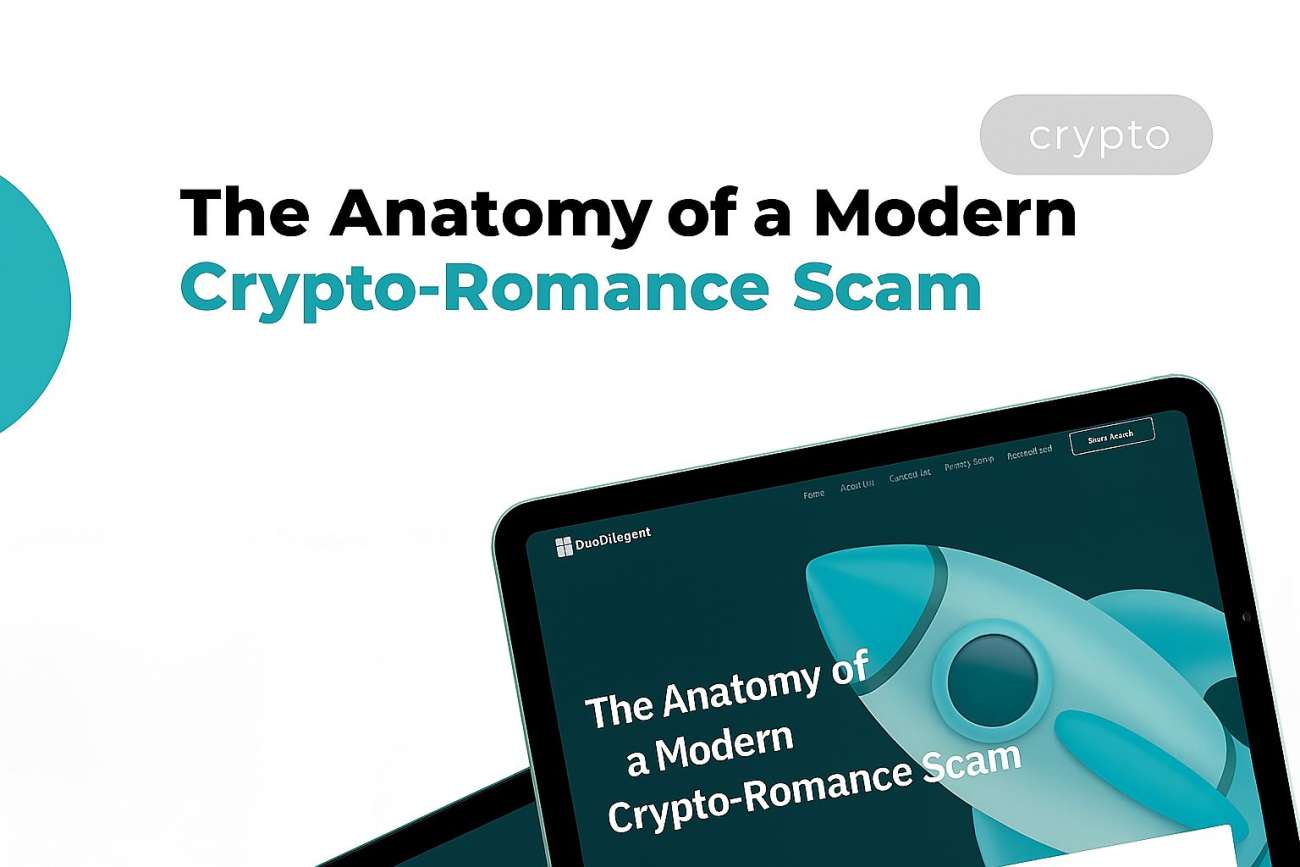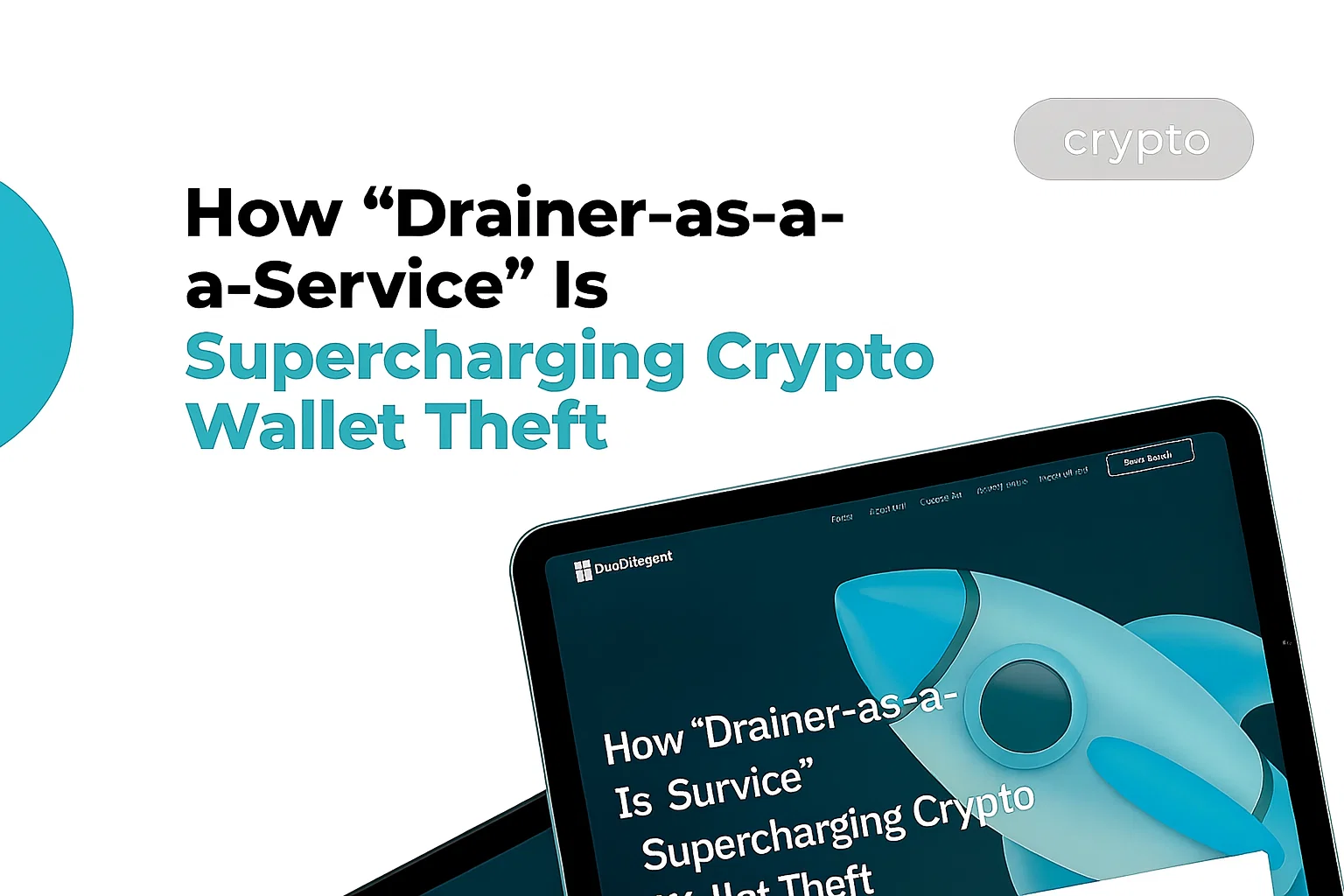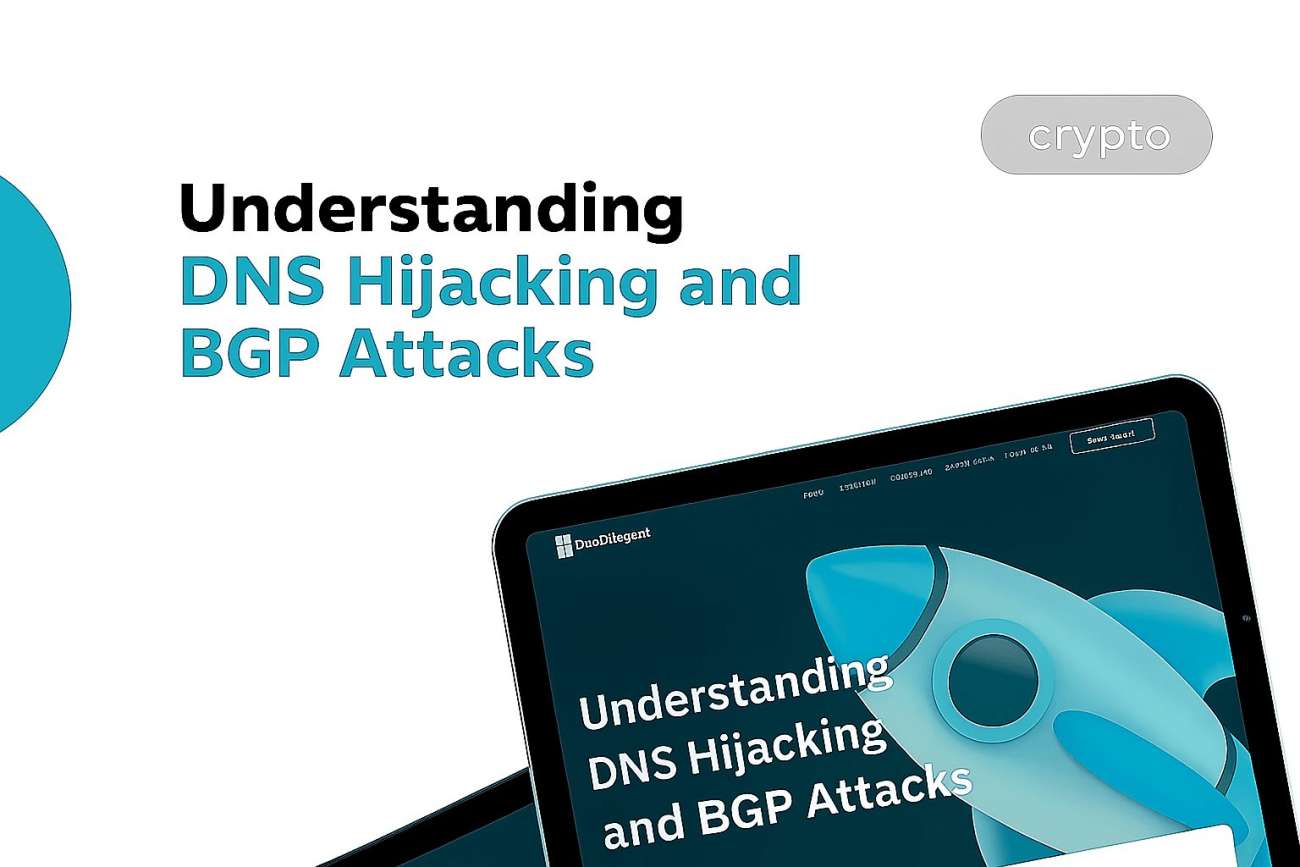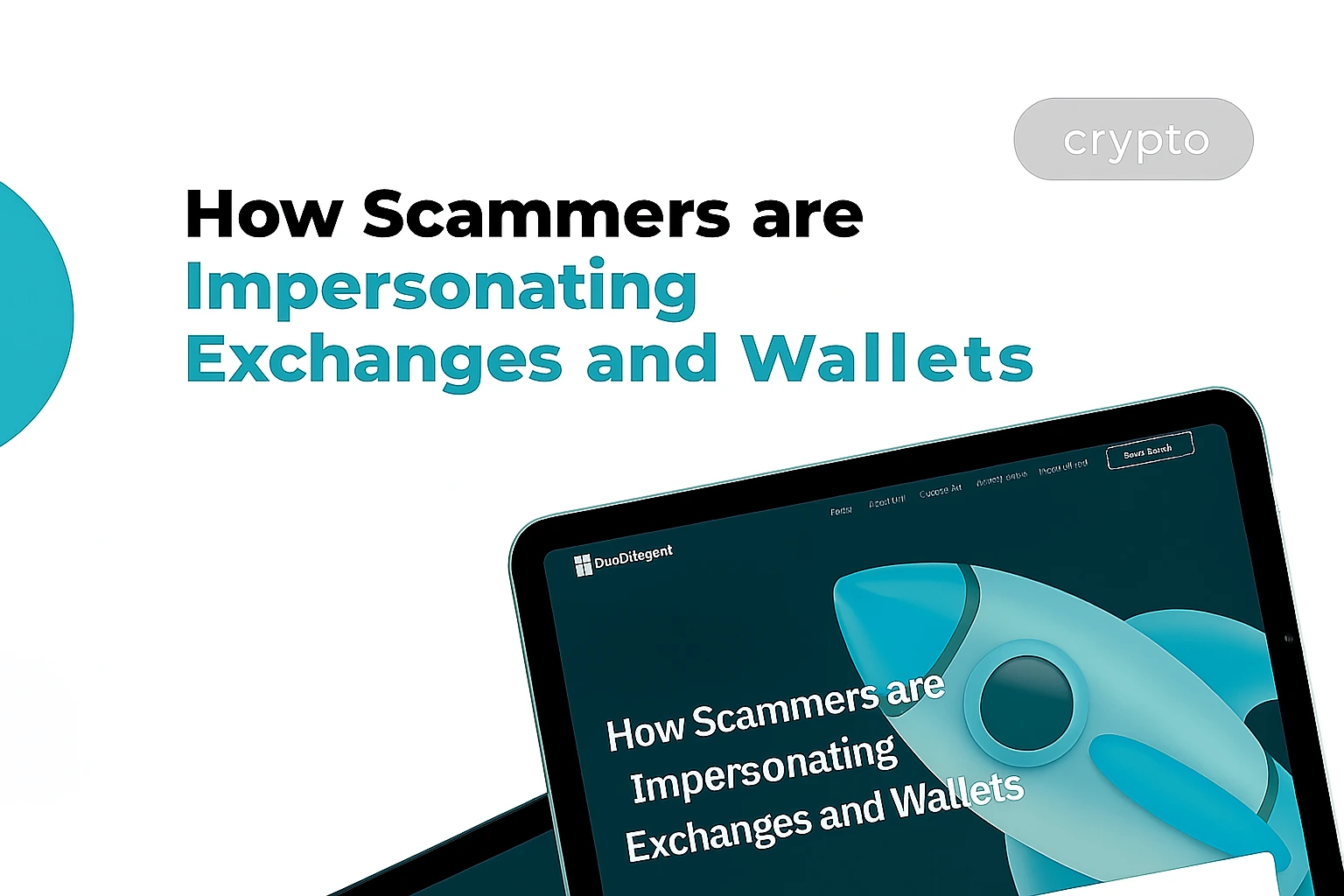
Overview
Table of Contents
Look, I’ve seen a lot of scams in my time analyzing financial fraud, but nothing quite matches the psychological brutality of what they’re calling “pig butchering.”
The name itself is chilling. It comes from the way scammers literally fatten up their victims—emotionally, psychologically—before the slaughter. We’re talking about people losing their entire life savings, their retirement funds, everything. And it starts with something as simple as a text message or a dating app swipe.
This isn’t your grandmother’s romance scam. These operations are sophisticated, methodical, and frankly terrifying in how well they work. Organized syndicates—many operating out of Southeast Asia—have turned emotional manipulation into an industrial process. They’ll spend months on a single target. Months. Building trust, creating intimacy, manufacturing a relationship that feels more real than anything the victim has experienced in years.
Then they take everything.
Phase 1>Phase 1: Building Intimacy and Establishing Credibility
lways starts innocently enough.A wrong number text. “Hey, is this still your number?” Or maybe it’s a dating app match with someone who seems almost too good to be true. Attractive, sure, but also emotionally available in a way that’s rare. They say they work in international business or finance. They’re doing well. Really well.
The conversations start slow. A few messages here and there. Then daily check-ins. Good morning texts. They want to know about your day, your dreams, your disappointments. Within weeks, you’re talking for hours. They share personal stories—family struggles, past heartbreaks, career victories. The kind of vulnerable stuff that makes you feel like you’re really connecting.
Here’s the thing: none of it’s rushed.
These scammers understand something fundamental about human psychology. We’re wired for connection. When someone shows genuine interest (or what feels like genuine interest), we respond. We open up. We start imagining futures together.
And then they drop the financial breadcrumbs.
“I made $3,000 today on a crypto trade.” Just mentioned casually, like it’s no big deal. They’ll show you screenshots of their trading account—numbers that make your eyes widen. But they’re humble about it, almost embarrassed. “I’ve just been lucky, I guess. Found this platform that really works.”
The manipulation here is sophisticated. Honestly, if you read anything about Trading Psychology and Risk Management, you’ll see how emotions override rational judgment every single time. The scammers know this. They’re not targeting your greed—not yet. They’re targeting your loneliness, your desire for security, your hope that maybe, finally, things are turning around.
The financial credibility doesn’t come from bragging. It comes from consistency. Day after day, they mention their trades. Small wins, occasional losses (to seem authentic), but overall a trajectory that screams success.
You start thinking: maybe this is real.
Phase 2: The >Phase 2: The Introduction to a “Secret” Investment Opportunity
’re emotionally invested. You’ve been talking for weeks, maybe months. You’ve shared things with this person that you haven’t told anyone else. And they seem to genuinely care about you.That’s when they make their move.
But here’s what’s brilliant (in a sick way)—they don’t ask for money. They never ask for money directly. Instead, they offer to share their secret. “I want to help you,” they’ll say. “We could build something together. A real future.”
They introduce you to their “exclusive” trading platform. Maybe it’s called something official-sounding, with “.io” at the end or “Prime” in the name. The website looks legitimate. Professional interface, real-time charts, customer support chat. Everything you’d expect from a real exchange.
“Start small,” they encourage. “Just put in $500, see how it works.”
You hesitate, but they walk you through it. Step by step. The platform seems easy to use. You convert your dollars to cryptocurrency (usually USDT or Bitcoin), send it to a wallet address, and boom—your account shows the balance.
Then comes the guided trade.
“This coin is about to pump, trust me.” And they’re right. Within hours, your $500 becomes $650. Then $800. You can see it right there on your screen, in real-time. The interface updates, the numbers climb, and suddenly you’re thinking: this actually works.
That first win? Completely manufactured.
The entire platform is fake. It’s just a website that displays whatever numbers the scammers want you to see. But you don’t know that. All you know is that you just made $300 in a day, and the person who’s been so kind to you, so attentive, was telling the truth.
Your inhibitions dissolve.
Phase 3: Escalati>Phase 3: Escalating The Investment and Creating Urgency
re hooked.The small win wasn’t enough to destroy you financially, but it was enough to make you believe. And that’s all they needed. Because now the pressure starts.
“There’s a huge opportunity coming up,” they tell you. “I have insider information. If we can put in $10,000, we could make $50,000 in a week.” They show you their account—they’re supposedly investing $50,000 themselves. “I wouldn’t tell you about this if I didn’t care about you.”
Maybe you don’t have $10,000 liquid. That’s fine. They’ll wait. They’ll help you figure it out. Take a loan against your 401k. Sell some stock. Use a credit card cash advance. “It’s just temporary,” they assure you. “You’ll pay it back in a week when the trade hits.”
The fake platform keeps performing. Every trade is a winner. Your balance grows and grows—$15,000, $30,000, $75,000. Numbers that would change your life. Numbers that make you think about quitting your job, paying off your mortgage, finally having the freedom you’ve always wanted.
If you hesitate to invest more, the emotional manipulation intensifies.
“Don’t you trust me?” They might seem hurt, disappointed. Or they might create urgency: “This opportunity closes in 24 hours. I don’t want you to miss out.” Sometimes they’ll claim they’re investing their own money to secure the deal for both of you. “I believe in us.”
I’ve seen victims liquidate their entire retirement savings during this phase. Take out second mortgages. Max out every credit card. One woman sold her deceased mother’s jewelry. A man borrowed $80,000 from his elderly parents, telling them it was for medical expenses.
The escalation continues until you literally have nothing left to give.
Or until you try to take your money out.
Phase 4: The Inevitab>Phase 4: The Inevitable Disappearance
ll falls apart.You decide it’s time to withdraw. Maybe you want to pay off those loans. Maybe you’re getting nervous about having so much money in one place. You click the “Withdraw” button on the platform.
Nothing happens.
Or maybe you get an error message. You contact the person you’ve been talking to—your partner, your friend, your supposed future. “Oh, the platform has some security protocols,” they explain. “You need to pay a verification fee first. Just 10% of your balance.”
Ten percent of $100,000 is $10,000. You don’t have $10,000. You’ve already invested everything. “Can’t they just take it from my balance?” you ask.
“No, it has to come from an external source. Regulatory requirements.”
This is the final extraction attempt. Some victims, desperate to access their “profits,” borrow even more money to pay these fees. The fees that will never result in a withdrawal because there was never any money to begin with.
When you finally can’t or won’t send more money, everything vanishes.
The website goes offline—”server maintenance” that never ends. The phone number stops working. The social media profiles disappear. The person you’ve been talking to for months, sharing your hopes and fears with, planning a future with… gone. Completely untraceable.
You’re left with negative bank balances, destroyed credit, angry creditors, and the crushing realization that none of it was real.
The trauma isn’t just financial. It’s the betrayal. The embarrassment. The way it makes you question your own judgment about everything. Victims often don’t report these crimes because of shame. They blame themselves.
But here’s what I want you to understand: these are professional criminals using psychological warfare. They’re good at what they do because they’ve done it hundreds of times. If you got caught, it doesn’t mean you’re stupid. It means you’re human.
Protecting Yourself
>Protecting Yourselftions don’t operate like this. When you use established platforms with transparent and secure account types, the process for deposits and withdrawals is clearly regulated and protected. There are laws, oversight, customer protection.If someone you’ve never met in person wants you to invest money—especially in cryptocurrency—that’s your red flag.
If a trading platform only lets you deposit, never withdraw, without paying mysterious fees? Run.
If it sounds too good to be true, if the returns are impossibly high, if there’s always urgency and pressure… trust that instinct that’s telling you something’s wrong.
Because it is.





